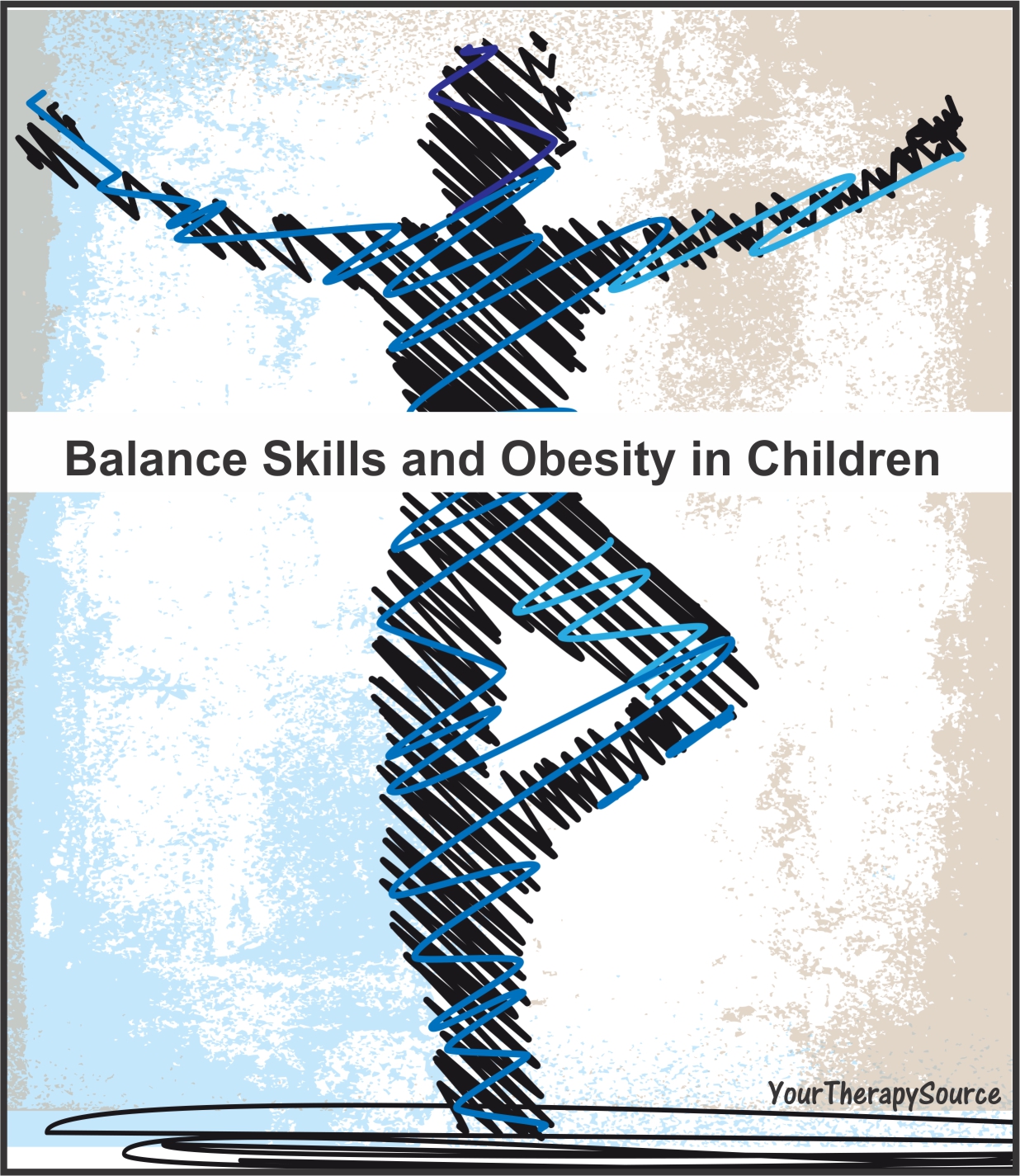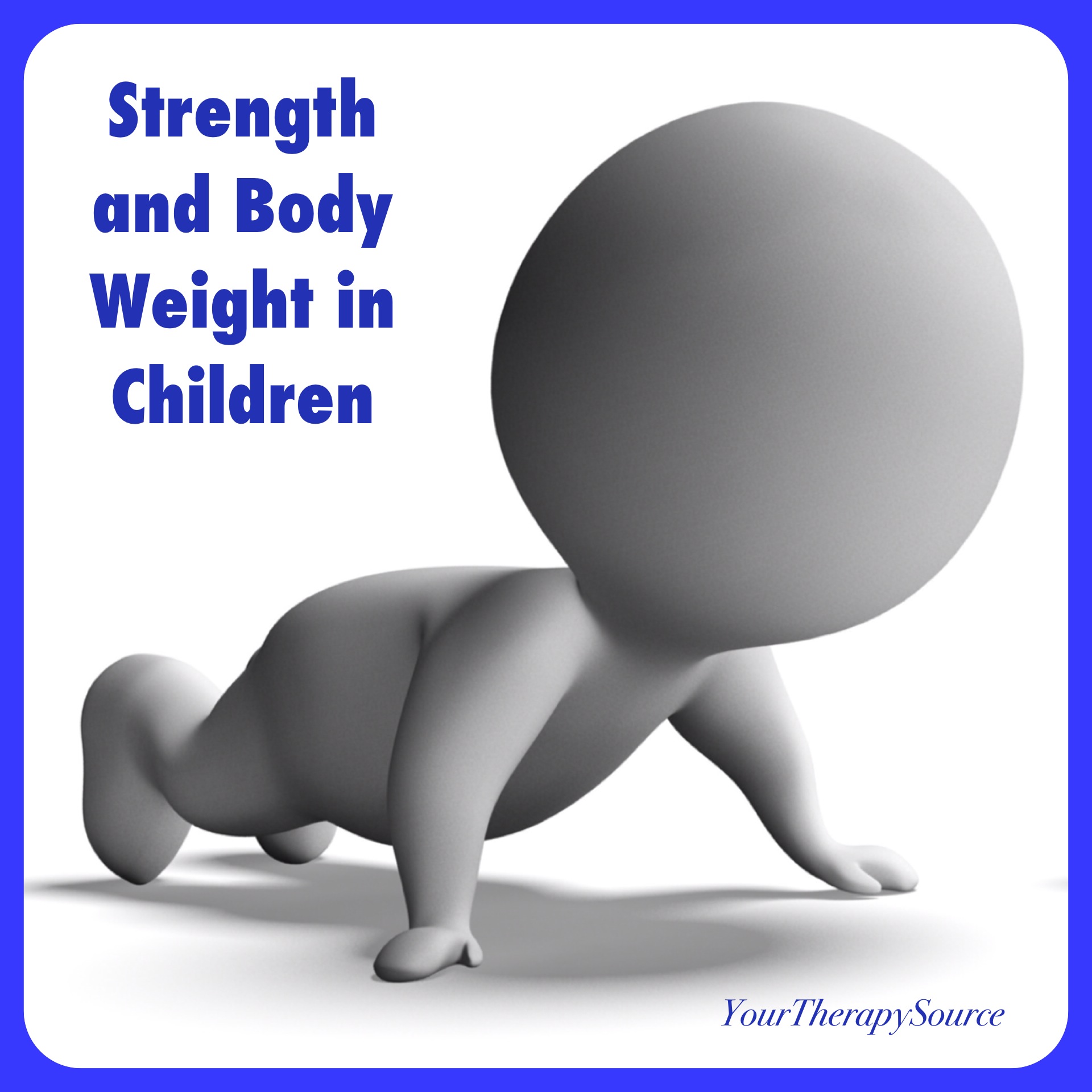Obesity and Self-Regulation in Children
Obesity and Self-Regulation in Children Previous research on obesity and self-regulation in children has indicated that poor self-regulation is associated with increased risk of obesity. Recent research examined how varying levels of toddler self-regulation are associated with the prevalence of obesity at kindergarten age and whether the pattern of association is different between boys and […]





